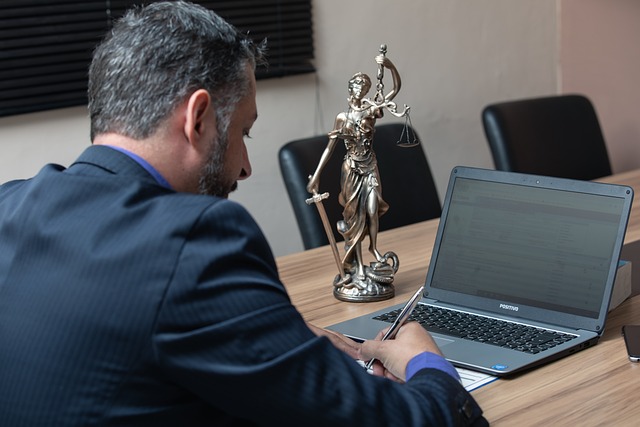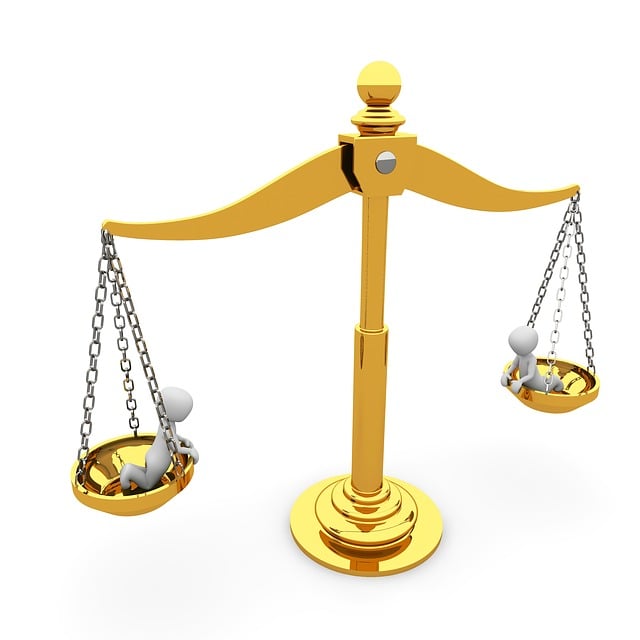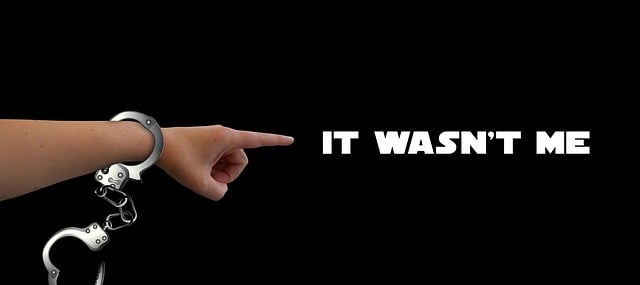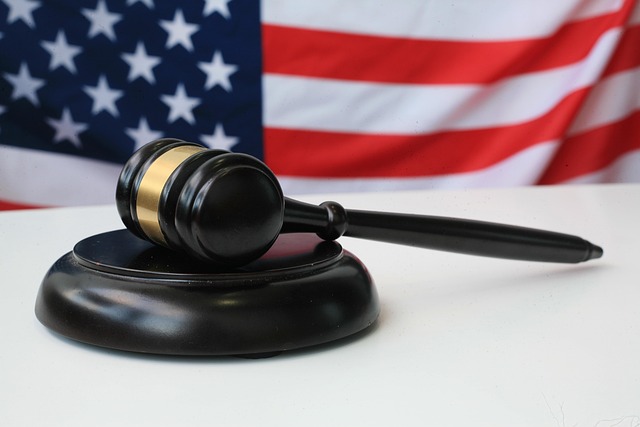Environmental Crime Trials present unique legal challenges for businesses, particularly in resolving partner disputes. White collar defense strategies focus on understanding regulatory nuances and distinguishing legitimate operations from criminal activity. By leveraging technical regulations, scientific data, and early legal expertise, firms protect themselves from unjust prosecution while fostering cooperative relationships. Proactive measures like effective communication and transparent reporting are crucial to mitigating risks and ensuring sustainability in high-stakes environmental disputes. A multi-faceted approach, combining robust evidence, strategic planning, and post-trial reassessments, builds strong defenses and strengthens internal controls, ultimately helping organizations resolve business partner disputes related to environmental concerns for long-term success.
Environmental Crime Trials: Uncovering Corporate Responsibilities and Resolving Business Partner Disputes
In an era where environmental consciousness is paramount, understanding the legal framework of environmental crime trials becomes crucial. This article offers a comprehensive guide to navigating these complex cases. We explore the legal perspective, impact on business partnerships, key elements for building strong cases, effective investigation strategies, and post-trial implications. By delving into these aspects, we aim to equip stakeholders with knowledge on how to resolve business partner disputes related to environmental crimes, fostering accountability and sustainable practices.
- Understanding Environmental Crime Trials: A Legal Perspective
- The Impact of Environmental Disputes on Business Partners
- Key Elements in Building a Strong Case for Environmental Crimes
- Strategies for Effective Investigation and Evidence Collection
- Post-Trial Implications and Preventative Measures for Future Disputes
Understanding Environmental Crime Trials: A Legal Perspective

Environmental Crime Trials, a burgeoning field in environmental law, involve prosecuting individuals and businesses for violations related to pollution, habitat destruction, and other ecological crimes. From a legal perspective, these trials present unique challenges. Understanding how to navigate these complex cases is crucial, especially when it comes to resolving business partner disputes. Strategies for defense often focus on the nuances of regulatory compliance and the intent behind actions, differentiating between legitimate business operations and criminal activity.
White collar defense plays a pivotal role in these trials, where the goal is frequently to secure a complete dismissal of all charges for his clients. Legal teams must sift through technical regulations and scientific data, discerning whether actions were deliberate crimes or honest mistakes. This meticulous approach ensures that justice is served while protecting the rights of businesses and individuals facing environmental accusations, ultimately fostering a more balanced legal landscape in which business partners can cooperate without fear of unjust prosecution.
The Impact of Environmental Disputes on Business Partners

Environmental disputes can have profound implications for businesses and their partners. When companies are faced with allegations or investigations related to environmental crimes, it often leads to internal conflicts and partnerships at risk. These high-stakes cases can cause significant financial and reputational damage, straining relationships between business entities. For instance, a company’s involvement in an environmental scandal might result in legal battles, leading to a complete dismissal of all charges or substantial fines, affecting its stability and the trust of its partners.
To mitigate these risks, businesses should focus on proactive measures. Effective communication, transparent reporting, and clear contractual agreements regarding environmental compliance can help resolve disputes before they escalate. Involving legal experts specializing in environmental law early on is crucial for navigating these complex issues. By addressing potential conflicts proactively, business partners can ensure sustainability and maintain the integrity of their operations, even in the face of challenging environmental disputes within the philanthropic and political communities.
Key Elements in Building a Strong Case for Environmental Crimes

Building a robust case for environmental crimes involves several key elements. Firstly, strong evidence is crucial; this includes scientific data, eyewitness testimonies, and documented proof of non-compliance with environmental regulations. Legal teams should also focus on establishing clear intent – demonstrating that the accused understood and willfully disregarded the legal obligations related to environmental protection.
Another vital aspect is understanding the specific charges and their potential consequences. Skilled lawyers can navigate complex legal frameworks and present arguments that could lead to a complete dismissal of all charges, especially if the defense highlights procedural errors or inconsistent evidence. An unprecedented track record for his clients’ successful outcomes in similar cases can also significantly strengthen the strategy, fostering trust and confidence in the legal representation.
Strategies for Effective Investigation and Evidence Collection

Environmental crime trials require meticulous investigation and robust evidence collection strategies to ensure justice. One effective approach is to implement a comprehensive planning process that includes detailed surveillance, witness interviews, and document gathering. By thoroughly documenting every step, investigators can build a strong case while avoiding potential pitfalls like indictment or legal challenges related to general criminal defense.
Moreover, utilizing advanced technology for data analysis and evidence tracking enhances accuracy and efficiency. This involves employing forensic tools to examine digital records, conducting environmental samples testing, and maintaining meticulous records of each phase. Such detailed documentation not only supports the prosecution but also helps resolve business partner disputes that may arise during the course of an investigation, ensuring a fair and transparent process for all respective business entities involved.
Post-Trial Implications and Preventative Measures for Future Disputes

After a trial, whether it’s for environmental crimes or white-collar offenses like those involving business partners, the work isn’t always done. The post-trial phase is crucial in several ways, especially when it comes to preventing future disputes and resolving them effectively if they arise. One key aspect is understanding and leveraging the outcome of the case as a learning experience. An unprecedented track record of successful prosecutions can serve as a deterrent for potential perpetrators, signaling that such activities will not be tolerated.
This period also offers an opportunity to strengthen preventative measures within organizations. Businesses and individuals should reassess their internal controls, compliance procedures, and risk management strategies to mitigate the chances of future violations. By integrating lessons learned from past trials into operational frameworks, entities can enhance their general criminal defense mechanisms and foster a culture that prioritizes ethical conduct and environmental stewardship.
Environmental crime trials play a pivotal role in holding businesses accountable for their ecological impact, offering a path towards justice and preventative measures. By understanding the legal framework, recognizing key elements of a strong case, and employing effective investigation strategies, these trials can resolve complex business partner disputes. The post-trial implications extend beyond penalties, fostering a culture of environmental responsibility and potentially reshaping industry practices to avoid future disputes. Armed with knowledge and robust legal tactics, stakeholders can navigate these trials, ensuring a more sustainable and harmonious business landscape.






